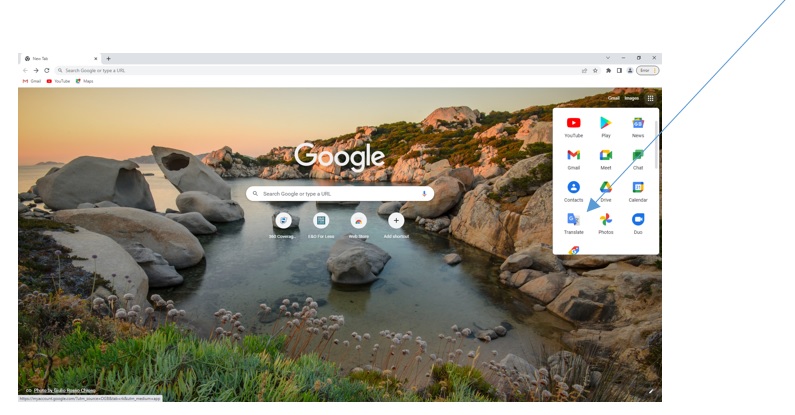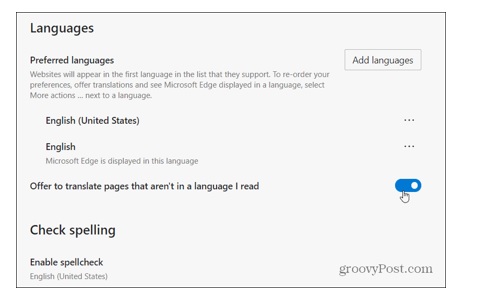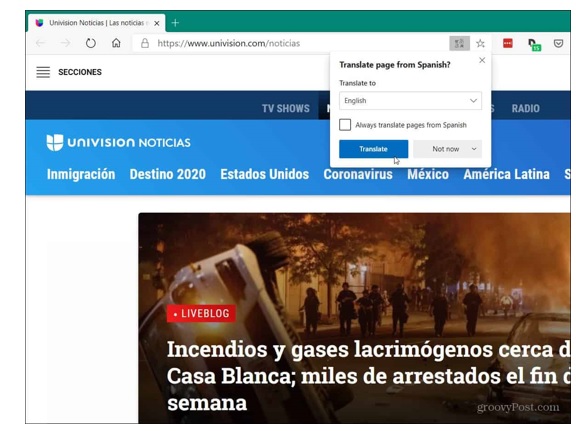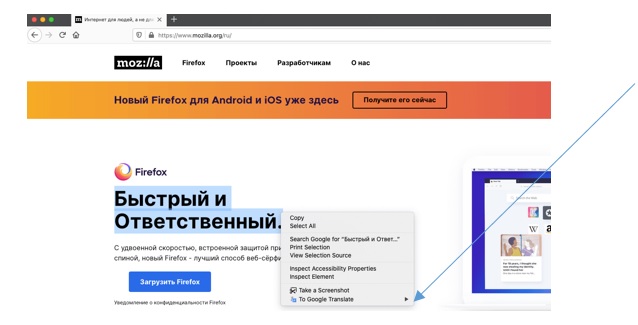
As an insurance agent, you’re primarily a sales professional. But you must also follow accounting best practices to track your business finances.
You didn’t become an insurance agent to spend a lot of time on accounting. But to succeed as a producer—to build a sustainable business—you should adhere to basic accounting practices. That way, you’ll always know how well your business is performing and whether problems are brewing that require your attention.
With so much to learn about insurance needs and products, why should you care about accounting? Because it will deliver these three benefits:
- Knowing basic accounting will help you avoid financial surprises. You never want to learn unexpectedly that you’re out of cash or that your projected income will fall short of projected expenses.
- Following accounting best practices means avoiding running afoul with state or federal tax authorities. Also, you’ll pay your tax bills before or when they’re due.
- Doing basic accounting means you’ll have a comprehensive record of your income and expenses. This will help you assess the financial health of your business while providing the information you’ll need to apply for business credit.
Best Accounting Practices for Insurance Agents
You don’t need a deep knowledge of accounting, nor do you need to become a CPA to succeed in insurance sales. However, following basic accounting practices will help you run your insurance business more effectively while avoiding preventable crises.
Also, don’t hesitate to retain a bookkeeper or accountant when needed. When you face a complex financial question or are spending too much time doing your own accounting, seek an accounting expert as soon as possible.
For now, though, here are some basic accounting practices to follow. If you’re not doing these now, begin doing them soon:
Track your income and expenses. It’s essential to document the money coming into your business and the funds flowing out. Using one of the many checking and financial-management applications available, you can document your income, expense payments, etc. Then you can analyze where your revenue is coming from and where it’s going. This will help you to maximize the profitability of your business.
Record tax deductions as they occur. Financial applications let you tag expenses that are tax-deductible. When it comes time to do your taxes, your program can output expense data for your tax preparer— either a human tax accountant or an application. And, don’t forget to take all legal deductions for your business. This will serve to reduce your taxable income and, ultimately, your tax liability.
Remember key tax deadlines. If you’re working as a 1099 insurance agent (i.e., not on an insurer’s payroll), you’re responsible for paying estimated tax payments every quarter. Build those dates into your scheduling app, so you don’t forget to make your payments.
Follow government regulations if you have employees. Staying in compliance when you have employees on your payroll can be complex. You need to correctly deduct and remit money from their pay to cover their income tax and other payroll obligations. This is an area where it often makes sense to hire an outside service rather than do it yourself.
Don’t commingle business and personal funds. You want to pay for your business and personal expenses using separate checking and credit card accounts. Combining the two will create an accounting nightmare, especially if the IRS flags your return for auditing.
Establish a budget. Analyze your prior expenses to determine a realistic budget. It should include categories for marketing expenses, utilities, office rent, supplies, business travel and meals, expenses related to automobiles (for business use only) and more. Small business checking/financial management programs usually include budgeting features. Take advantage of them since having a budget will deter impulse purchases, especially with credit cards.
Reconcile your accounts. Always reconcile your accounts on a monthly basis. This lets you confirm that you handled income and expense transactions correctly.
Make full use of technology. In addition to using financial applications to track your income and expenses, consider using technology for functions such as tracking receipts, storing documents and documenting business use of your personal vehicle.
Importance of Accuracy
Managing the accounting function of your business requires your ongoing attention. Enter transactions every week and avoid procrastinating. If you let your reconciliations pile up, you might end up with a daunting backlog and rushing to catch up will be a recipe for making mistakes.
Also, if you make an accounting mistake that harms a client financially, you might be on the receiving end of a complaint or lawsuit. For this and many other reasons, it’s always beneficial to have Errors and Omissions (E&O) insurance with at least $1 million in coverage and a $3 million annual aggregate.
Looking to save money on your E&O insurance? Then learn more about our insurance agent E&O program on the 360 Coverage Pros website.
360 Coverage Pros is not an accounting firm, law firm or CPA firm. 360 Coverage Pros does not provide legal or accounting advice or opinions for any party or client. If applicable, ensure that you consult with a relevant resource, including but not limited to regulatory authorities and legal counsel, should you have any accounting or legal questions or require training.







Share this page.